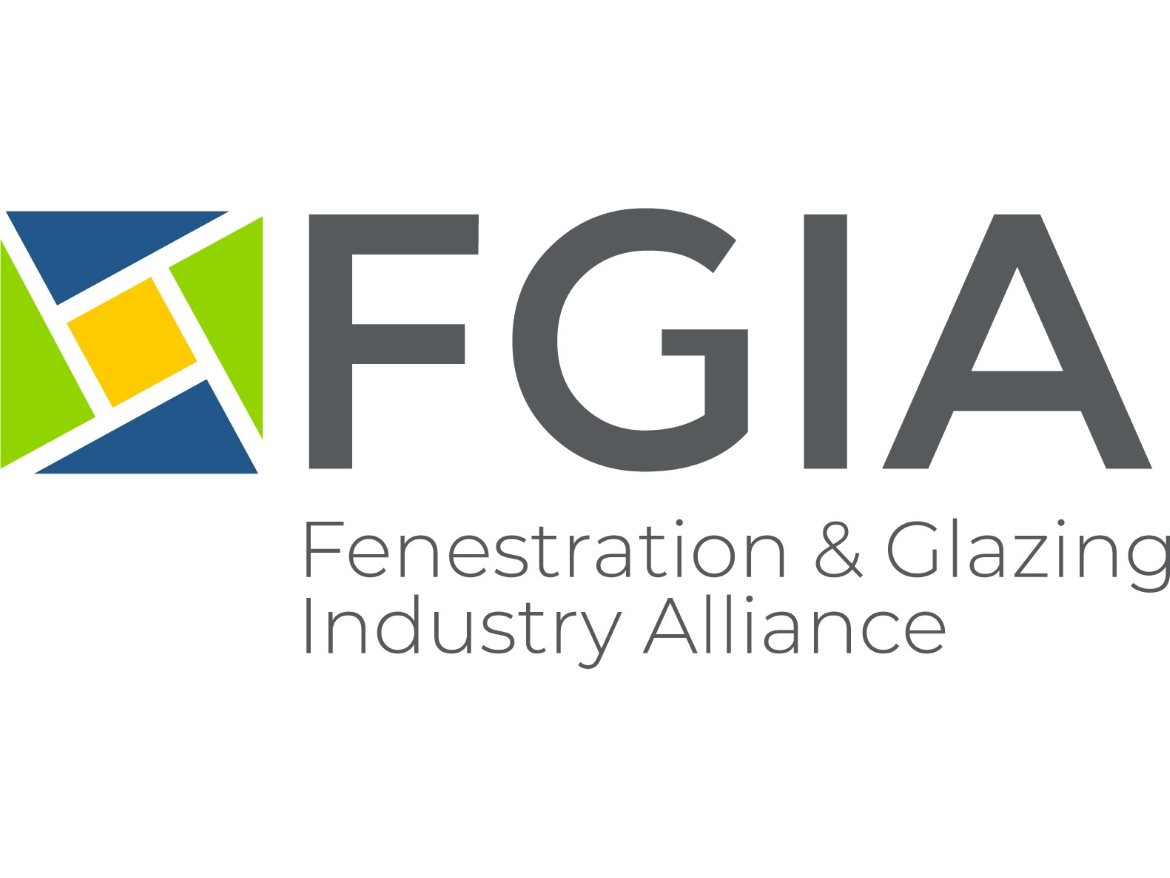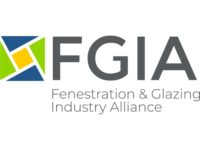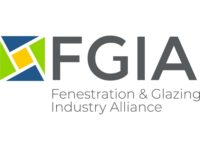FGIA Releases Updated Field Testing Document for Evaluating Fenestration Product Water Intrusion

The Fenestration and Glazing Industry Alliance (FGIA) has updated a document providing specific information to assist industry professionals in selecting the appropriate adaptations to the existing testing standards for application to field investigations of fenestration products. AAMA 511-22 (https://store.fgiaonline.org/pubstore/ProductResults.asp?cat=0&src=511), Voluntary Guide for the Forensic Evaluation of Water Intrusion at Fenestration Products, is now available for purchase. This document was last updated in 2008.
ASTM E2128 provides the foundation for field investigations of water leakage in building walls. This document is designed to provide supplemental guidance and highlight required information and actions regarding fenestration product investigations. ASTM E2128 identifies seven steps of forensic investigations, and this document provides additional information regarding each step, grouped into two categories: four steps prior to testing and three steps during and after testing.
“Building damage caused by uncontrolled water penetration through exterior walls is a serious concern of owners, contractors, architects and product manufacturers," said Dan Johnson (GCI Consultants, https://www.gciconsultants.com/), co-chair of the AAMA 502/511 Field Test and Forensic Investigation Document Update Task Group. “Often, improper or inadequate leak investigations and testing result in investigators misidentifying the source of water penetration through the exterior wall.”
In many cases, this error results from observations of water penetration at or near a fenestration product opening that may originate from the surrounding construction, Johnson continued. In other cases, the water penetration is a combination of sources which may be inclusive of the fenestration product assemblies. A systematic forensic investigation of the water penetration is required to determine the actual source of the leak.
“Diagnostic testing is an integral part of this systematic investigation,” said Joe Hayden (Pella Corporation, https://www.pella.com/), co-chair of the AAMA 502/511 Field Test and Forensic Investigation Document Update Task Group. “However, this type of testing differs significantly from other AAMA testing documents. The purpose of forensic evaluation, as specified in this guide, is to recreate water leaks that are known to occur.”
AAMA 511-22 (https://store.fgiaonline.org/pubstore/ProductResults.asp?cat=0&src=511), as well as other AAMA documents available from FGIA, may be purchased from the online store at the discounted member rate of $20 or the non-member price of $60.
For more information about FGIA and its activities, visit FGIAonline.org.
Looking for a reprint of this article?
From high-res PDFs to custom plaques, order your copy today!





